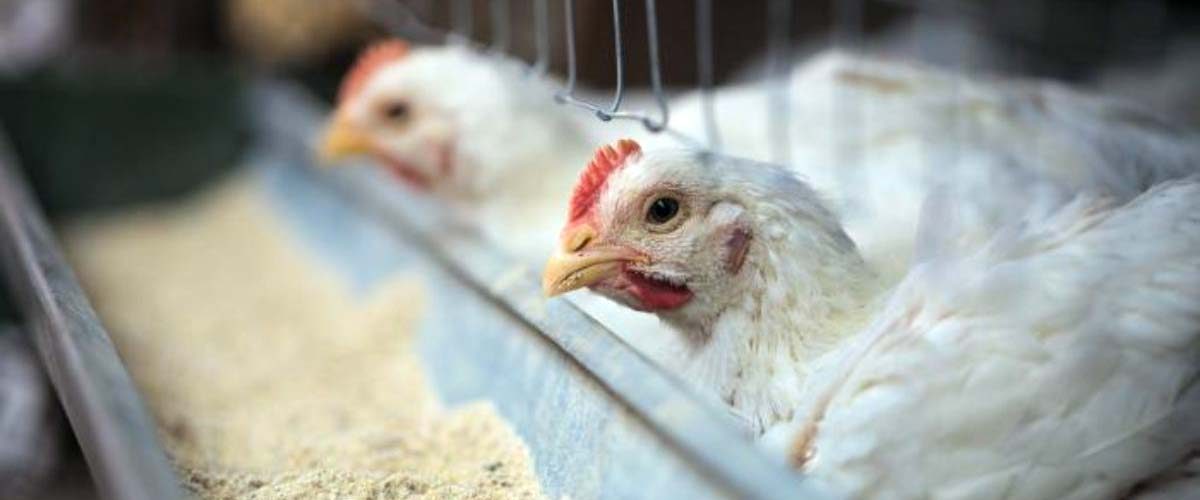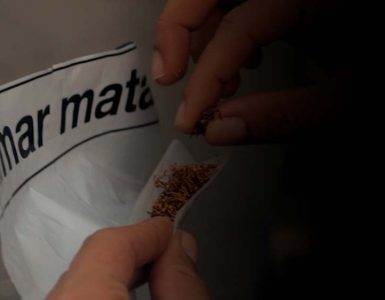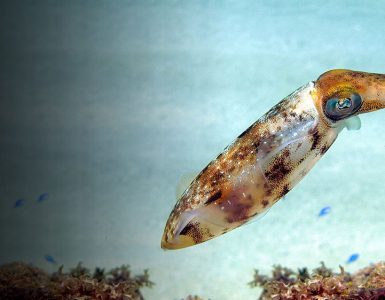Poultry feed is the core concern of the researchers because it contributes 70 % of the total production cost. So, the native ingredients are the major focus in order to produce cost-effective poultry feed. Cannabis sativa is an annual herbaceous flowering plant belonging to the family Cannabinaceae. The word “sativa” means things that are cultivated. This plant is indigenous to Eastern Asia and commonly known as ‘Hemp’, but, now it is cultivated in many parts of the world. Each part of the plant is harvested differently according to the purpose of its use. It is used as a vital source of industrial fiber, medicine, food, seed oil, and recreation, spiritual and religious moods.
House et al. (2010) stated that hempseed contains about 33-35% oil, 25% crude protein, and 34% carbohydrate along with a broad range of vitamins and minerals. Hemp seed oil also contains approximately 80% polyunsaturated fatty acids including 60% linoleic acid and 17-19% α-linolenic acid. Available literature confirmed that the nutrient composition of hemp products provides potentially valuable livestock feed ingredients.
In the past, the cultivation of hemp was banned due to the high content of Tetrahydrocannabinolthat is a psychoactive substance and one of at least 113 total cannabinoids recognized in the plant present in the hemp plant.
In the recent decades, several countries across the globe modified the regulatory changes allowed for the legal cultivation of industrial hemp under a license that permits plants and plant parts of the genera Cannabis, the leaves and flowering heads of which do not contain more than 0.3% Tetrahydrocannabinol,
The established nutritional profile of hemp and hemp products increases opportunities to use them in livestock diets, researchers are evaluating the safety of the ingredient of hemp in animal feed is safe and offers benefits for improved animal performance and human health. Silversides and LefranÇois, (2007) informed about the hemp products in layers, their significant protein contribution, and as valuable source of linoleic acid which is important to improve egg weight. Silversides et al. (2002) studied that hemp products include linolenic acid and omega fatty acids that have beneficial effects on human health

The use of hemp seed cake (HSC) has not been approved in diets for any class of livestock in the USA due to a lack of adequate research in support of its safety and efficacy. Recently, the ‘International Journal of Poultry Sciences’ published research by Kasulaet al. (2021) to determine the feeding safety of HSC and its effects on systemic, tissue, and organ health in commercial laying hens. The results indicated that feeding levels of HSC up to 30% to commercial laying hens have no impact on the systemic parameters like total protein, blood profile, blood pHand the mineral profiles while no effect has also been observed on the tissues and organ health parameters.
















Add comment